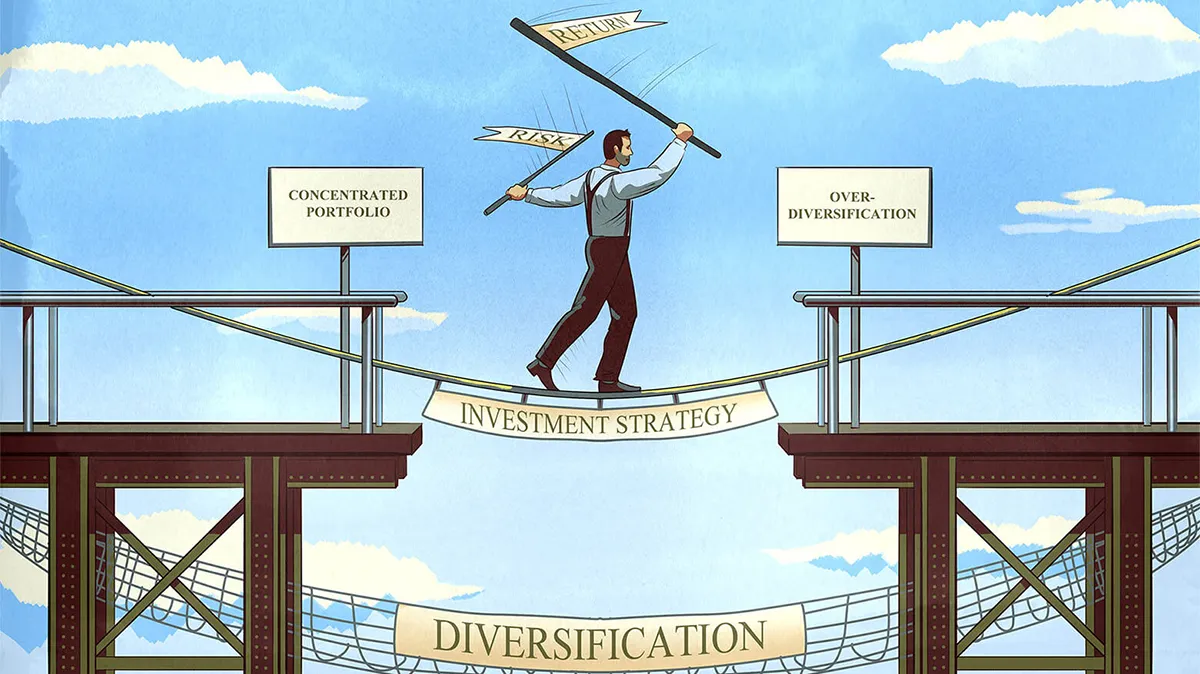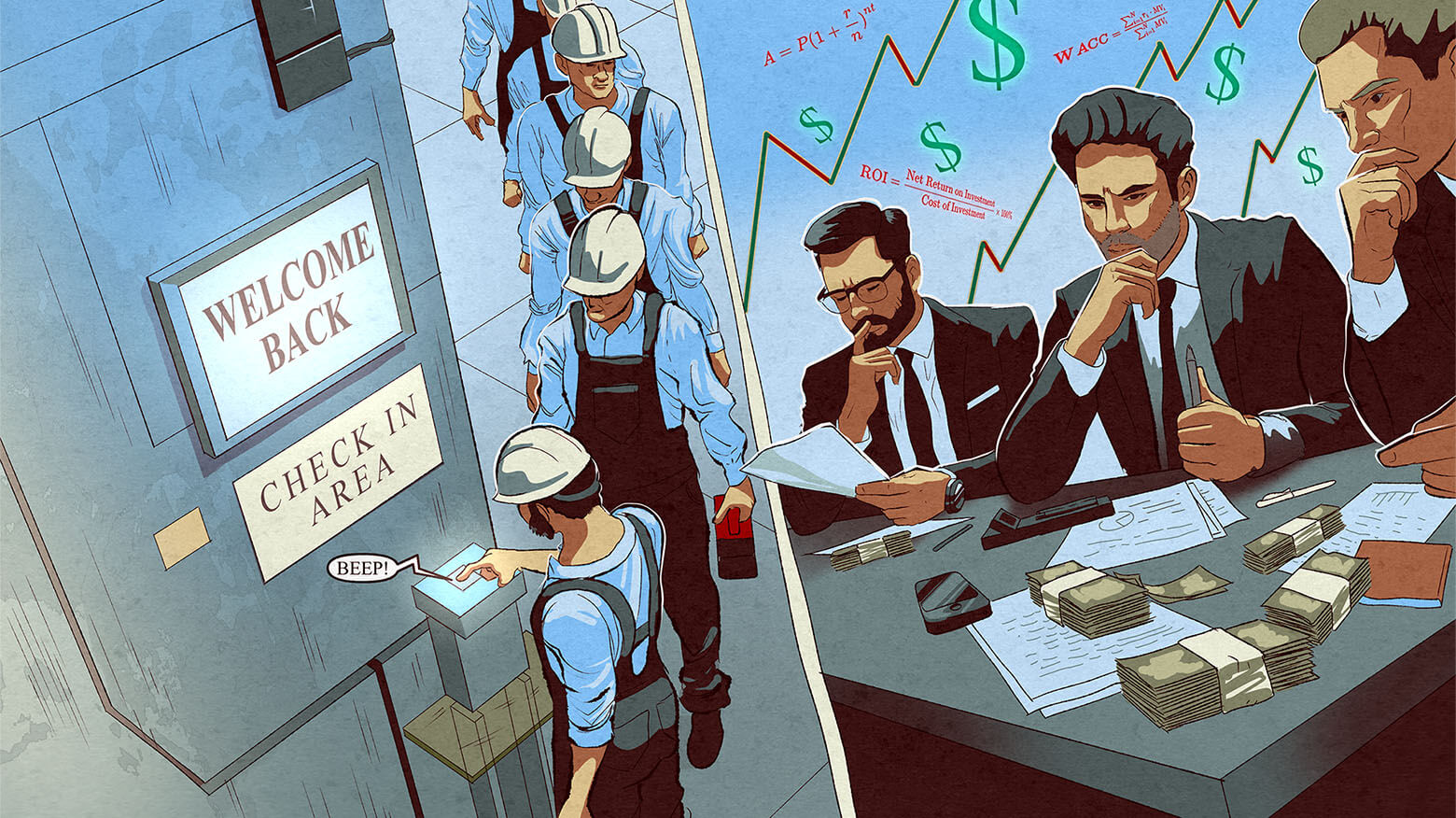
The word contrarian is often overused in investing, I have yet to meet an investor who bragged about being a crowd follower; therefore, everyone is a contrarian. Contrarian investing is very difficult as it requires one to be on the lonely side of the ledger as truly great opportunities present themselves in stocks that everyone hates, and thus, no one wants to own.
IMS Health (RX) collects prescription data from transactions at pharmacies all over the world. It aggregates, analyzes, combines it with other databases, and sells it to pharmaceutical companies.
For instance, from a script filled at pharmacy in combination with other sources, RX would collect drug, dosage, doctor name, doctor’s specialty, zip code, illness, and so on. (Patients’ names are anonymized before RX receives them.) Pharmaceutical companies use this data to gain market intelligence on what’s taking place in the industry globally and to determine compensation for their sales force.
RX collects data from over 100,000 locations, globally (key word: globally), which — together with its tremendous intellectual property developed over the last 50 years — are sources of significant competitive advantage. RX drove most of its competitors out of business, and new ones are hesitant to enter as they’d likely suffer the fate of RX’s former competitors. Investors don’t like RX stock — to put it mildly.
Here are some of the reasons why — and why they’re wrong:
1. Political uncertainty in the healthcare industry
Even if US healthcare turns into Obama social care, RX is well equipped to operate in this environment. Almost two-thirds of RX’s revenue comes from outside of the US, a lot of it in the countries where health care is run by government. As a side note, I do believe that, due to significant budget deficits, Obama will fail to achieve his ambitious health care plan in the US.
2. Pharmaceutical company mergers
Mergers of pharmaceutical companies are negative for RX, but that’s not a new development — they’ve been merging throughout RX’s existence. RX has a very large customer base and no single customer, not even Pfizer (PFE), accounts for more than 5% of sales.
Also, RX’s product is very important to its customers, since marketing and sales is typically their second-largest expense after research and development. They desperately need RX’s data to stay efficient (and RX happens to be the only provider) . Finally, money spent on RX is insignificant to its customers in the grander scheme of things — RX’s revenue worldwide is only $2 billion, whereas a pharma companies spend hundreds of billions of dollars on their sales forces and marketing globally.
3. Regulatory risk
New Hampshire passed a law limiting RX’s ability to use doctor specific data. RX appealed, won, and then lost. The state’s impact on sales is insignificant, but there’s a risk that other states will pass similar laws. Thus far, 23 states have looked into it, and 20 have decided not to pursue it.
4. Indebtedness
RX has $1.3 billion of debt and negative common equity. The debt-to-assets ratio is 57% — on the surface a very high ratio, and an indication of an over-levered company. However, this is very far from the truth. RX’s balance sheet and debt ratios are distorted by the restructuring and share buybacks it’s done over the years.
RX was spun off from Dun & Bradstreet (DNB) in late 1996 with a lot of other unrelated businesses. Over the years, RX sold off these businesses and bought back almost half of its outstanding shares. In addition, half of its debt is in Japan where the company pays interest rates of around 1%. It also has a very large and profitable business in Japan that can easily support that debt. Finally, RX could pay off all of its debt from free-cash flows, which are very stable, in about 4 years.
This stock is incredibly cheap as it’s trading at about 7 times its earnings estimates for 2009, and 8.5 times its lowest estimates.
Note: The weakest link is RX management’s thirst to run a larger empire (though this is not why the stock is down). Its management has done a decent job running the company (though one could argue that the business is so good a well-dressed monkey could run it) every so often it has an itch to do something less than smart on the acquisition-merger front.
In 2005 they almost merged with VNU. I was very critical of this merger and I’m glad it fell through. I keep my fingers crossed that RX management learned from that last sour experience and won’t attempt any more grandiose mergers-acquisitions for a while.









0 comments